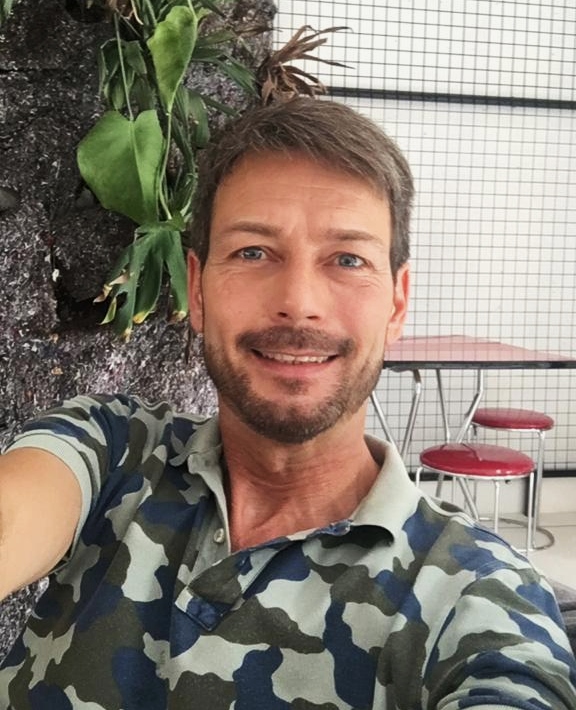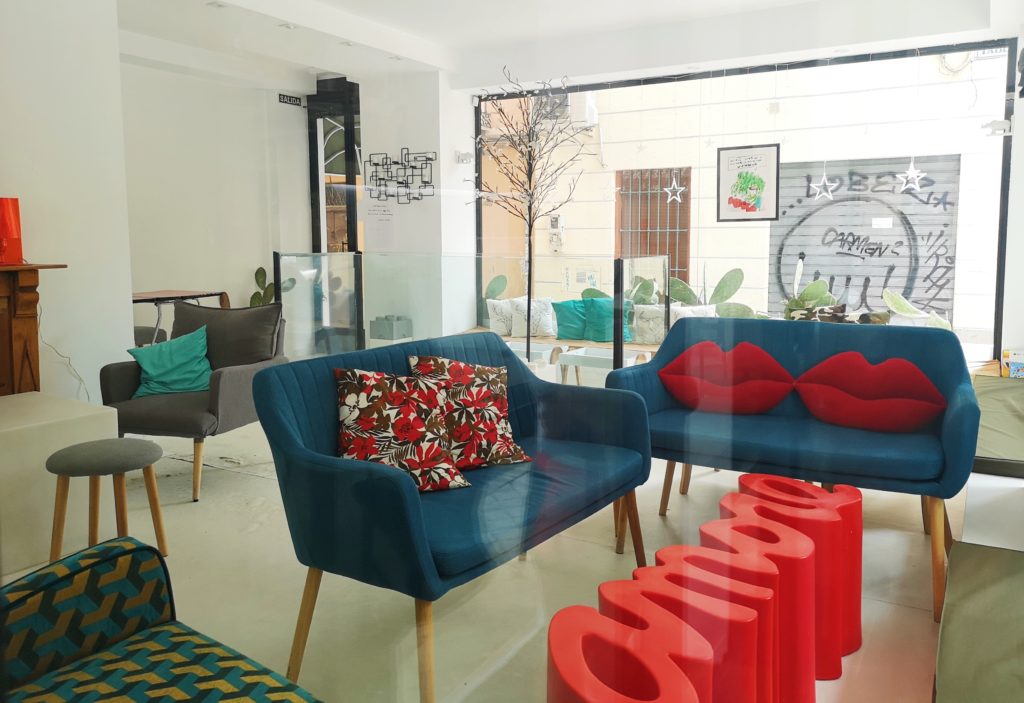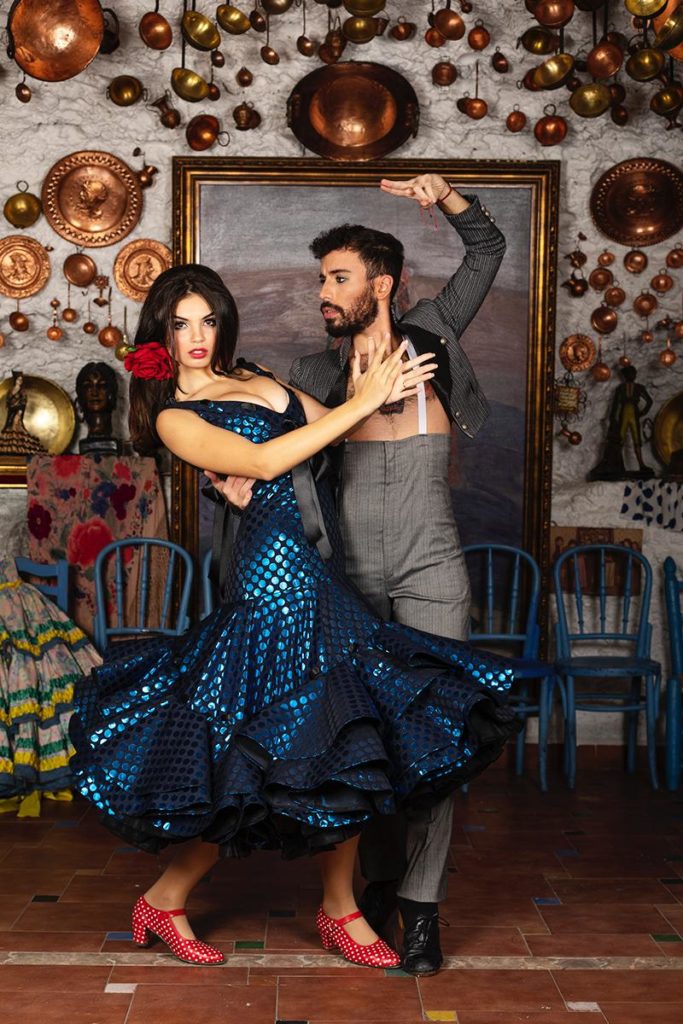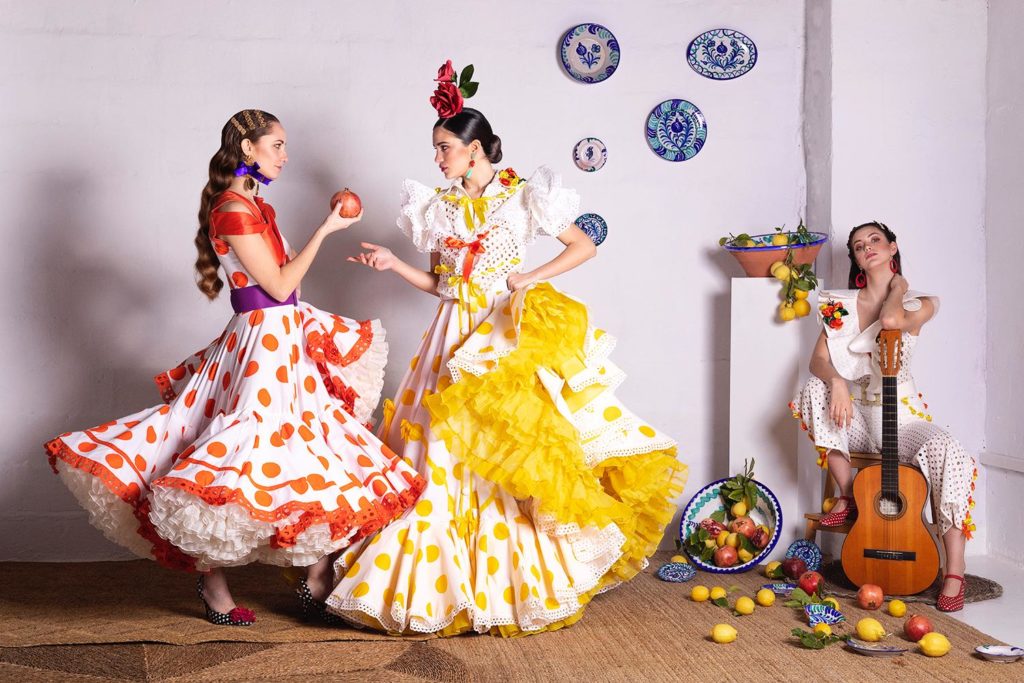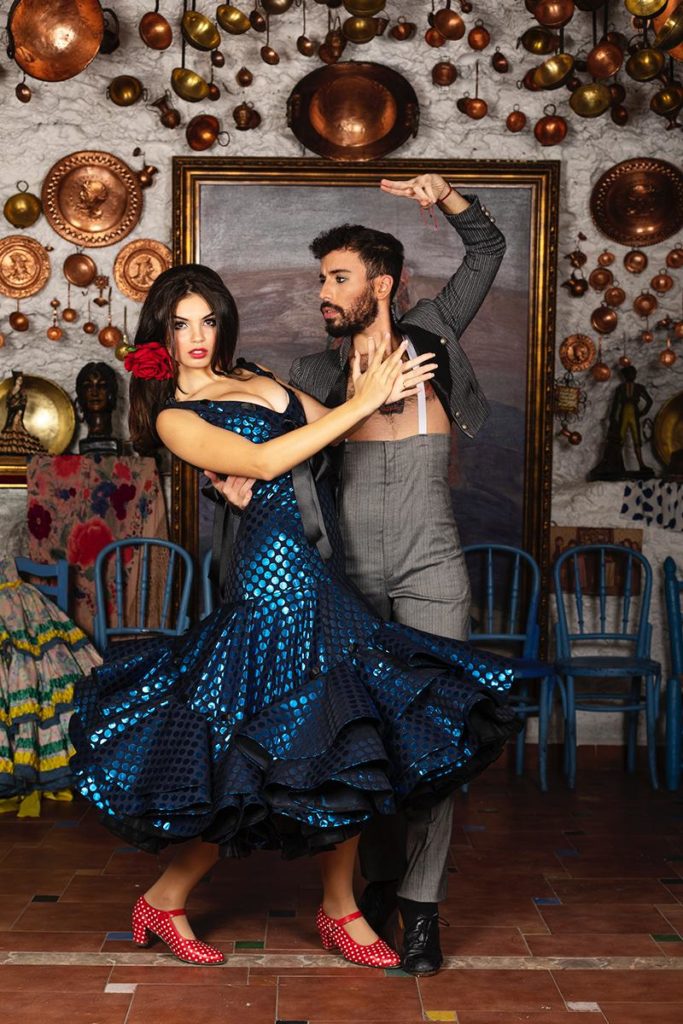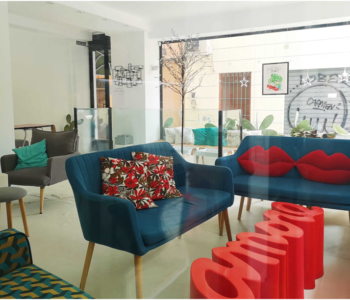 Business
Business
Andalusian Businesses & Covid-19 – Cereal Café
Andalusian businesses and Covid-19 – Interview with cereal café owner Ludovic Meloen
Andalusia is a very popular region with the French. Its warm climate, relaxed lifestyle and unique culture mean that millions of international tourists – as many as 12 million in 2019 – visit every year. Some decide to settle just for pleasure, and others decide to set up a business here. But for now, beyond all the red tape and cultural complications, those entrepreneurs are facing the unprecedented new challenge of Covid-19 restrictions affecting their businesses. To find out more about the difficulties of business coping with the Covid-19 crisis, I set up a virtual meeting with Ludovic Meloen, owner of the café Jungle Concepto, in Granada’s city centre.


Ludovic left his post at the fashion house Yves Saint Laurent in Paris for Granada, which he discovered on a trip around Andalusia. Having fallen under the spell of the City of the Alhambra, in 2017, he opened Jungle Concepto, an innovative cereal café.
Like many businesses, yours shut its doors when the state of alarm was declared. How do you feel about it today? What are you getting up to?
At the moment, I’m living day by day. I was finally able to do some spring cleaning, read some books, do some yoga, and cook. Everything I can’t normally do, because from morning to night, 7 days a week, I’m always in my shop.
Here, in Andalusia, we’re in “Phase 0”, which means I’m can’t open my doors yet. Considering the forecasts and the fact that I don’t have an outdoor space, I might just be able to open in late May or early June. But under what conditions? The hygiene, safety and social distancing conditions are extremely difficult to meet.
A simple example is the toilets. What do I do about them? Every time a customer goes to the toilets, I have to go in after and immediately clean up, but I’m all alone in the shop. How can I keep an eye on everything?
I’ve got a lot of unanswered questions. If I invest in Plexiglass partitions, will I receive any financial support for it? And is the investment really necessary if the law changes again in 1 week, 2 weeks or a month’s time?
Are you in contact with the authorities? Have you received any extra information because of how your business is affected?
No. What I do know I get from the press announcing measures they are going to bring in, my friends, and, of course, my business consultant. There’s no direct communication. For example, us business owners haven’t received any information pack detailing we need to do to be able to reopen or giving us any answers to our questions.
Talking to others here, it’s clear I’m not the only one worried about it all. We know that as small businesses, it will be much more difficult to take all the necessary precautions.
Have you benefited from any subsidy in relation to the state of alarm?
Yes, my business consultant did all the paperwork. For completely closing my business down, I get just over 650 Euros per month. The first quarter tax payments were moved to May, which is a bit ridiculous really, because if you can’t pay in April, you still won’t be able to pay in May.
Is it enough?
Of course not! There are expenses I still have to pay, such as social security contributions, the rent of my shop, electricity, suppliers, and so on and so forth. And that’s just on the professional side of things! Then there’s my private life and once again the rent, electricity, food, etcetera.
Have you come to any agreement with your landlords over rent?
Yes, I’m quite lucky. That’s not the case for many others. I managed to renegotiate the rent for my premises for this month and the next. For my home, I can pay the rent a little later. That’s not much, but it’s something.
Everybody’s talking about what will happen this summer. There is a strong demand to reopen businesses, and relaunch tourism here in Andalusia …
That’s normal. Andalusia’s economy relies heavily on tourism. And summer is peak season. For me, it’s a little different. Jungle Concepto isn’t on Granada’s Tropical Coast, or in Marbella. I am in the centre of Granada and my clientèle’s made up mainly by students. When I’m allowed to reopen, there’ll be no more students. Likewise, I get many foreign customers. I’m listed in Le Routard travel guide and on various South Korean travel websites. But, with the borders closed, I have to say goodbye to this clientèle. And then, in summer, all the people who live in Granada go to the beach. Without the tourists the city will be empty. I think that, for a city like Granada, which, in summer, lives mainly off of foreign tourism, it will be extremely hard!
How do you see the future in general?
I don’t know. I ask myself lots of questions. Will people go out as the did before? What are their priorities? How will individual people react? Is my business model still viable? Today, I can hold on. But what will happen in three months’ time? In 6 months? Will I have to offer a take-out service? And give up on inviting people to spend time in my café? When you go out, it’s also and above all a moment of relaxation in company, of socialization. If I start offering take-outs, that means more packaging and more transportation, when we know that waste and pollution are major problems for our society.
I’m a businessman, but I’m also a consumer. If I’m asking myself all these questions, others are too. However, I’m not afraid. I’m positive. This situation may change us, and, indeed, might change our way of living. In the meantime, let’s be patient!
Jungle Concepto is in Calle Málaga, 19, 18002 Granada, Spain.
Check out its Instagram profile and Facebook page.
Article originally published in French in Le Petit Journal, the local and international news site for French expatriates and French speakers.
